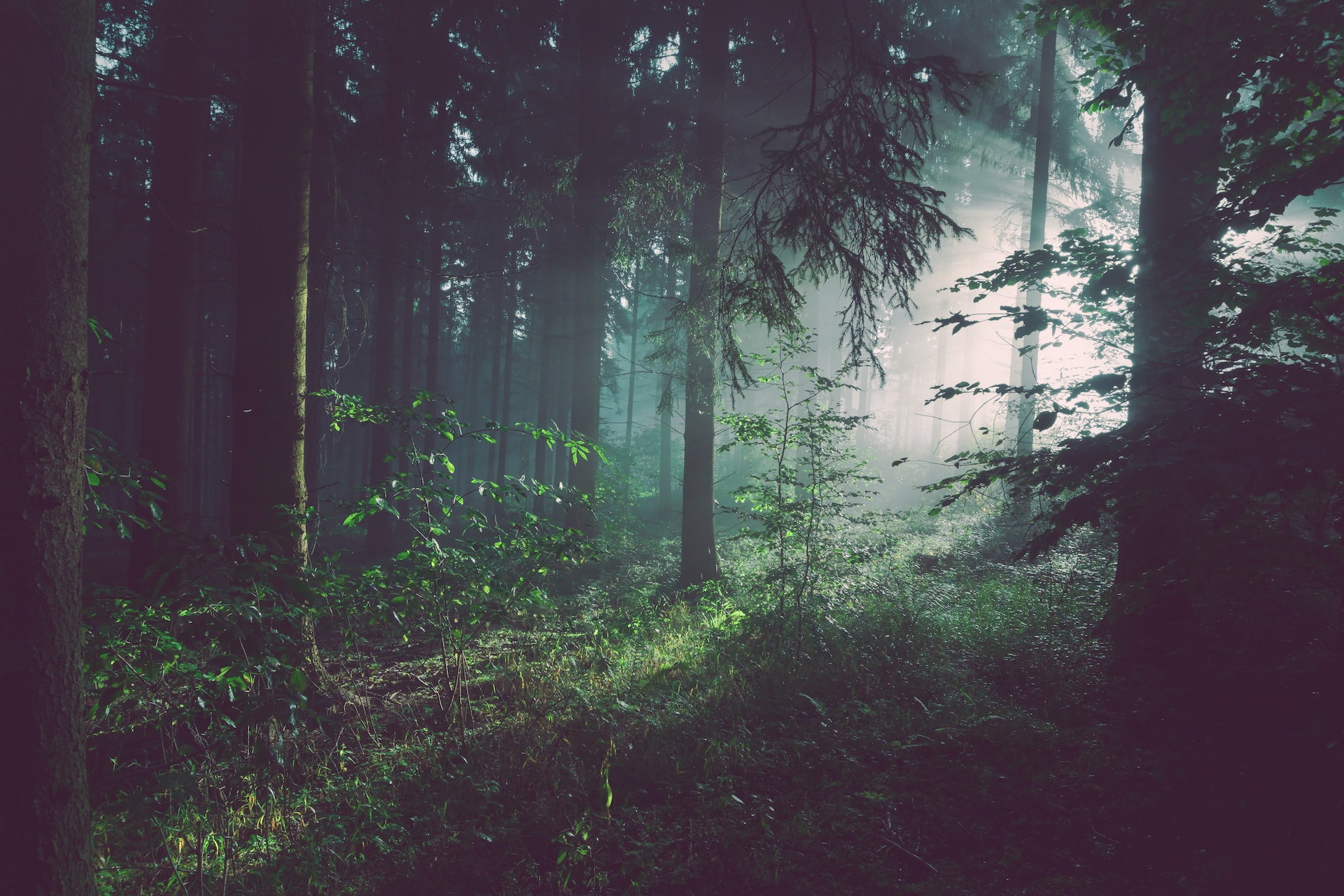In an unprecedented move to spark a "youth revolution," the Royal Society for the Protection of Birds (RSPB) is granting free access to its reserves for young adults aged between 16 to 24. This initiative, set to kick off on November 6, aims to reignite the passion for nature among the younger generation.
Addressing the Nature Disconnect
Research indicates a concerning decline in nature engagement during teenage years. To tackle this, the RSPB's two-year pilot programme seeks to bridge the gap by offering unrestricted access to their reserves. Despite children being naturally curious about wildlife, the connection seems to wane in adolescence. The RSPB document highlighted, “Our organisational reach within the 16-24-year-old audience is currently very low.”
Economic Implications
Though adults over 18 are typically charged an average entrance fee of about £6, this fee will be waived for the targeted age group. While the exact financial impact on RSPB is uncertain since visitor age data isn't collected, the move underscores the organization's commitment to fostering a love for nature over immediate economic gains.
Beyond Just Free Access
This initiative is just the tip of the iceberg. The RSPB aims to overhaul its interaction with young individuals. Other endeavours on the horizon include the inclusion of youth council members in trustee meetings and the anticipated Youth in Nature summit slated for February.
A Generational Shift in Nature Engagement
Recent findings suggest that contemporary youth can more easily identify fictional Pokémon characters than real wildlife. The alarming disconnect from nature is further exacerbated by data indicating that child visits to green spaces have halved within a generation. Challenges such as activity costs and inadequate public transport to remote natural locations have been identified as significant barriers.
Health and Nature: An Underestimated Connection
Several studies commissioned by the Wellcome Trust spotlight the therapeutic potential of nature. Young individuals who spent time in green spaces reported reduced anxiety levels. However, the majority tend to undervalue these benefits, seldom seeking nature as a mood enhancer.

Nature has a positive impact on humans
A Sector-wide Awakening
The 2018 school strikes initiated by Greta Thunberg served as a catalyst, prompting various wildlife and nature organizations to reevaluate their youth engagement strategies. Nikki Williams of the Wildlife Trusts observed that these strikes "gave us a shove" and emphasized the need to provide a platform for youth voices.
A Collective Effort
Multiple nature charities are stepping up. The Woodland Trust, for instance, initiated the UK's first Young People’s Forest in 2019, leading to the planting of 250,000 trees by children. Nottingham Wildlife Trust, meanwhile, has introduced youth trustees to influence the charity's direction.
In closing remarks, Emma Marsh of the RSPB emphasized the pivotal role of the current generation in nature conservation. She said, “We are truly in a nature emergency... we need every single generation to be acting with passion, out there, doing stuff to save nature.”
©GlobalCO2.uk





